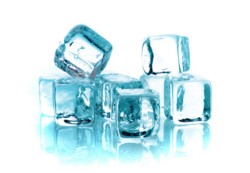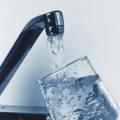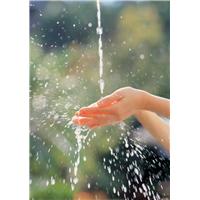 We don’t actually need to drink eight glasses of water a day…
We don’t actually need to drink eight glasses of water a day…
Elixir attended the British Nutrition Foundation’s conference on hydration last week and came away with a few very interesting facts about water.
1. The amount of water we need and use is different from person to person
2. We can survive more than a few days without water
3. Most of the water we ingest comes naturally from food
4. Most liquids add to our hydration, including fruit juice, milk, teas and coffee
In general, we are not very clued in about water and hydration – most people in the UK have a very loose understanding about the signs of dehydration.
We look for clues such as darker urine to decide whether or not we are dehydrated – the truth is that darker urine can be caused by a number of things – including vitamin supplements.
Thirst is just nature’s way of telling us our blood water concentration is dropping, not an indication that we are about to become dehydrated.
Serious dehydration is almost impossible to achieve – unless you are stuck in a desert or paralysed with no access to liquids. As mentioned above, it is possible to survive without water for some time; a woman who had been in a coma for years (in the US) survived for 13 days without any liquids after it was decided to turn off her live-saving machine.
The most shocking thing we learned was the truth behind the ‘eight glasses of water’ myth.
Research showed that over 70% of people can quote the recommended amount of water of six to eight glasses.
The truth is, the recommended amount of water is 2.5 litres per day and we ingest most of it in food. The less dense the food, the more water it contains – meaning fruit and vegetables contain the most.
As we get older we are more susceptible to the marketing ploys of drinks companies – we start to buy into the ‘health’ drink to lower our cholesterol and raise the pro and prebiotic levels of our stomachs.
Beware of drinks advertising an increased level of antioxidants as well – a study found that drinking tea gives you a better level of antioxidants over 24 hours than many health/fruit based drinks.

 You are probably all well aware of how many glasses of water you should be drinking a day. However, despite all the publicity, we are still not drinking enough and it is impacting on our health. But maybe not in the ways you might think.
You are probably all well aware of how many glasses of water you should be drinking a day. However, despite all the publicity, we are still not drinking enough and it is impacting on our health. But maybe not in the ways you might think.


